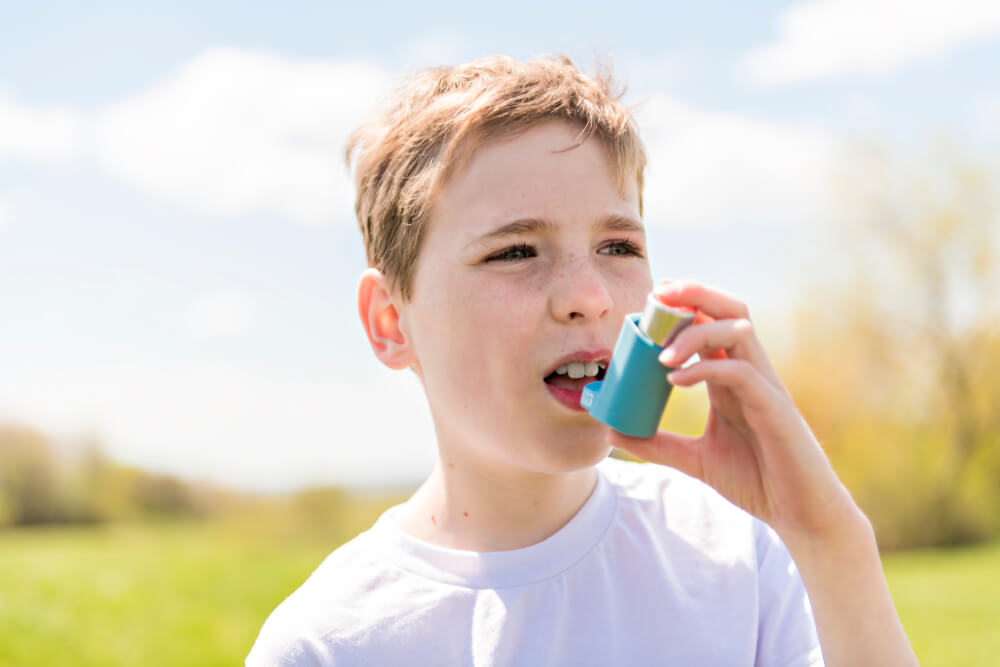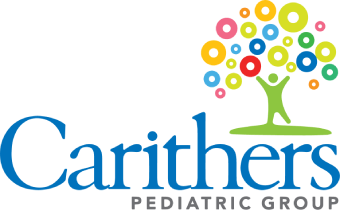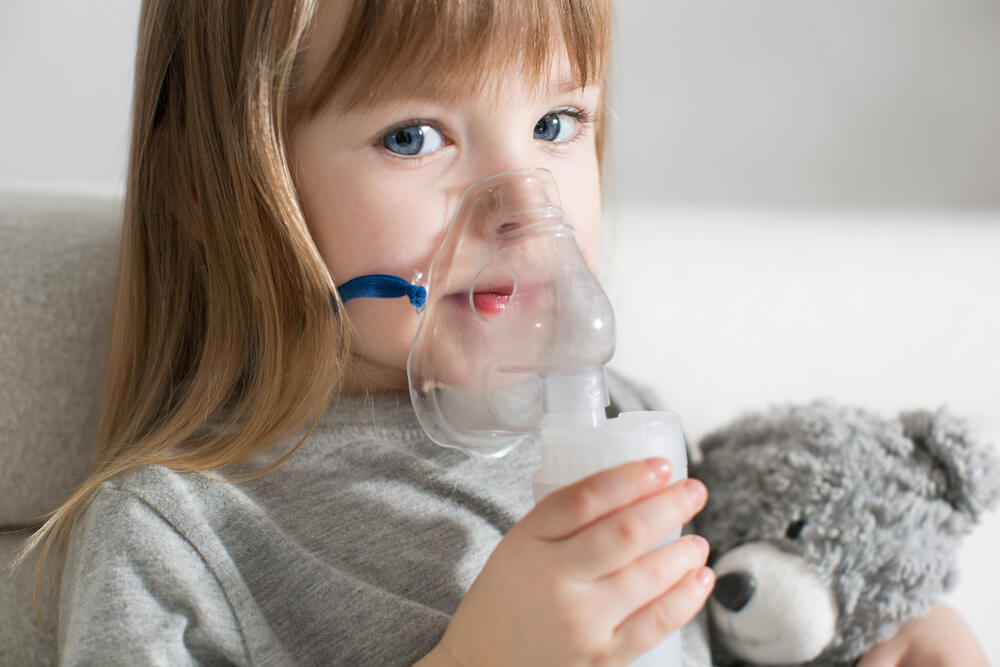Childhood is all about play, joy, and discovery. But for some kids, battling asthma can be quite the challenge. It is important to identify key signs of asthma in kids that can facilitate prompt treatment to children. At Carithers Pediatric Group, we are dedicated to offering tailored care compassionate support for toddlers navigating asthma.
The first thing you need to know is that children have the same susceptibility to asthma as adults. However, it’s essential to note that childhood asthma demands specific care and attention for effective management. Although the direct causes of childhood asthma are unknown, genetic as well as environmental factors usually contribute to its occurrence, so they need to identified as early as possible to be able to help your child.
Common Signs of Asthma in Kids
Understanding and recognizing asthma symptoms is vital as early identification allows for prompt intervention, preventing potential aggravations and enhancing overall respiratory well-being. Some key symptoms of asthma include:
- Recurrent Coughing: Coughing can be a sign of many different health issues, but a persistent and frequent cough during asthmatic attacks in children should be regarded as one of the main symptoms. The child’s cough may also occur while playing, exercising, or while sleeping, interfering with the quality of the child’s sleep. It’s important to distinguish between a regular cough and one associated with asthma.
- Shortness of Breath: Children with asthma take deep breaths more frequently due to their difficulty breathing. Such signs indicate that there is an underlying respiratory problem, so be mindful of this.
- Wheezing Sounds: People often say that wheezing sounds like a whistle or a squeak can be seen as an obvious sign of childhood asthma. Wheezing happens because the airways get constricted and hence cause difficulty in breathing. Early identification of wheezing can be a crucial factor in successful management of kids’ asthma.
- Chest Tightness: Feeling discomfort or tightness in the chest may not even be registered as an asthma symptom. For this reason, parents and caretakers should remain vigilant and heed any complaints related to chest tightness.

Beyond the aforementioned symptoms, there are some other signs of asthma in kids to watch for, these include:
- Fatigue and Irritability: Asthma in kids can take their vigor, so continuous fatigue can be a indicator that something is wrong. The endurance levels among kids with asthma is reduced during physical activities. These episodes may also come with a state of irritability since it is difficult to breathe.
- Difficulty Sleeping: In children, asthma tends to worsen at night, with symptoms flaring up when the body is relaxed and causing disrupted sleep patterns. Parents need to look out for symptoms such as sleeplessness, waking up frequently, and discomfort while sleeping.
- Allergies and Sensitivities: Pollen, pets, and dust are some of the things that can trigger an asthmatic episode. Proper management of childhood asthma requires identifying and reducing the exposure of the toddler to these allergens. Alongside exposure reduction, you can speak to an allergist and find other ways to protect the child from substances that can worsen symptoms.
How to Navigate the Diagnosis?
To be able to successfully navigate the diagnosis of childhood asthma, having timely and precise information and guidance is imperative. Every parent should consult a pediatrician if their child has a continued difficulty breathing for guidance to be as successful as possible in the management of the condition.
Since childhood asthma requires thorough management, it includes many different approaches. This may involve the use of inhalers, environmental adjustments to minimize triggers, and, very often, medication against allergies. In order to ensure lasting success, it is important to educate the child as well as their caregivers on asthma management.

Specialists often speak about “asthma action plans,” which include small, simple steps to help the child handle the condition, regardless if they are at school, at a sleepover, or at home with you. The action plan includes information such as:
- a list of their usual asthma medicines
- child-specific asthma symptoms
- brief guide on how to act if the symptoms worsen
- emergency response in case an attack occurs
- emergency contact information
Regular check-ups and consultations with your doctor are necessary, as well as monitoring of the condition and medications. It is crucial to pay attention to your child’s symptoms and observe if there are any trends. Health care providers regularly follow up on your progress so they can reassess the treatment plan as the child grows older.
Identifying signs of asthma in kids requires one to be observant and actively involved. Understanding how childhood asthma looks different in individual cases and learning how to support a child’s breathing is critical. Asthma is not an automatic life sentence, especially in children; the right knowledge and treatment will help the child lead a happy life.


